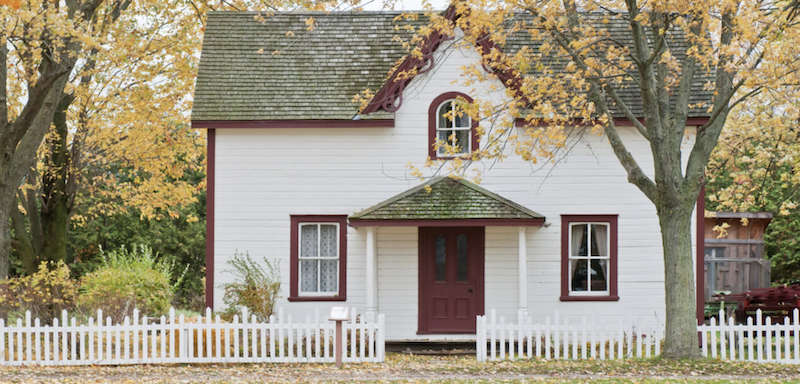Buying property abroad is more popular than ever, with increasing numbers of people following their dream in purchasing a holiday home, a buy-to-let, or moving lock, stock and barrel to the sun.
The interest in purchasing property abroad has increased at an amazing rate in the past five years, fuelled in the UK by a booming domestic housing market making overseas properties seem good value for money. Also, TV programmes like Channel 4’s `A Place in the Sun’ have made everyone realise that owning a property abroad is no longer just for the rich and famous.
People are interested in purchasing a home overseas for a variety of reasons – enjoyment, investment, a new life, retirement, and more.
Every international location has rules and regulations regarding the purchase of land or property by foreigners and it is important to be aware of what is expected while doing your investment research.
Buying Guide for Worldwide Properties.
- Understand the Market before you buy
- Don’t be afraid to make numerous visits with tradesmen to find out what you’re letting yourself in for.
- If you’re tempted to buy a run-down property to renovate and sell on, check how long it’s been on the market.
- If it’s been there a long time, it suggests there isn’t a lot of profit to be made. Find out more in our renovating for profit section.
- Use qualified professionals to protect your interests and make the purchase of your new home a stress-free experience.
Estate agents are a good source of advice. Only negotiate with ones that are officially registered and hold a licence. Ensure you have a good lawyer with an excellent command of English and the native tongue, to deal with the endless stream of rules and regulations. For instance, did you know that if you’re buying in Spain you’ll need to make out a will in Spanish before buying, or that you can inherit debts from a previous vendor?
There may be investment prospects, but it is essential that you seek independent expert professional advice before undertaking any property purchase. There are lots of things to bear in mind, including local laws and regulations, taxes, surveyor’s assessments of the building, financial currency exchange, dealing with interbank transfers, volatility of the housing market, etc. etc.
In some countries there are various restrictions on foreigners owning land or property, so this needs to be checked out fully. Any property purchase is a major undertaking.
Research all legal issues and costs involved. Your solicitor/lawyer will advise and assist you. Before you have decided on a property it’s important to be fully aware of the legal process and costs involved in your puchase. Obtain professional advice and check your finances, taking account of these additional costs.
Be well prepared with your finances; taxes can be high when buying. Set up a direct debit from a native bank account to pay for bills. Be careful not to miss payments and read those red letters; foreign banks are not lenient with those who don’t pay up in time. If you’re considering renting out the property when it’s empty, bear in mind that advertising in the UK for a property abroad could result in tax demands from both the English and foreign authorities.
The first step in buying a property abroad is to do lots of homework – narrow down the region or country where you want to buy, work out your budget, and it’s worth buying some books.

